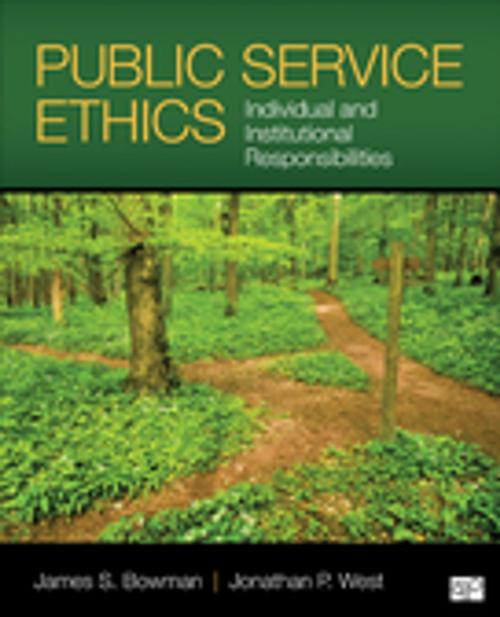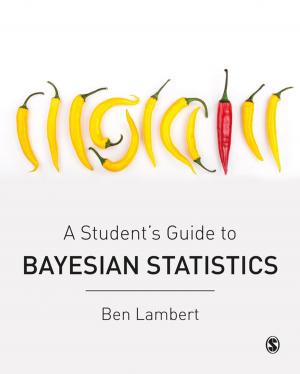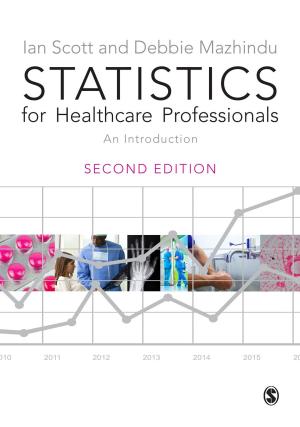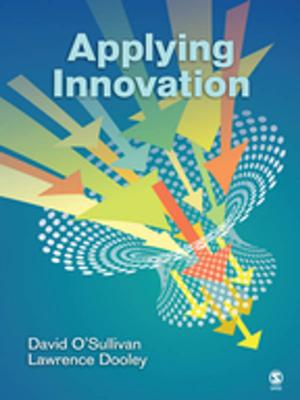Public Service Ethics
Individual and Institutional Responsibilities
Nonfiction, Social & Cultural Studies, Political Science, Government, Public Affairs & Administration| Author: | Dr. James S. Bowman, Dr. Jonathan P. West | ISBN: | 9781483323763 |
| Publisher: | SAGE Publications | Publication: | January 21, 2014 |
| Imprint: | CQ Press | Language: | English |
| Author: | Dr. James S. Bowman, Dr. Jonathan P. West |
| ISBN: | 9781483323763 |
| Publisher: | SAGE Publications |
| Publication: | January 21, 2014 |
| Imprint: | CQ Press |
| Language: | English |
Ethics—in all its exemplary and exhausting forms—matters. It deals with the most gripping question in public life: “What is the right thing to do?” In Public Service Ethics: Individual and Institutional Responsibilities, James Bowman and Jonathan West examine individual-centered and organization-focused ethics, applying ideas and ideals from both to contemporary dilemmas. The authors take on controversial issues—from whistle blowing incidents to corruption exposés—to explain how they arise and suggest what can be done about them. They start with the conceptual tools students need to evaluate an ethical dilemma, then analyze individual decision making strategies, and go on to assess institutional ethics programs. The emphasis is not only on the “how to,” but also on the “why.” The ultimate goal is to bolster students’ confidence and prepare them for the ethical problems they will face in the future, by equipping them with the conceptual frameworks and context to approach thorny questions and behave ethically.
Ethics—in all its exemplary and exhausting forms—matters. It deals with the most gripping question in public life: “What is the right thing to do?” In Public Service Ethics: Individual and Institutional Responsibilities, James Bowman and Jonathan West examine individual-centered and organization-focused ethics, applying ideas and ideals from both to contemporary dilemmas. The authors take on controversial issues—from whistle blowing incidents to corruption exposés—to explain how they arise and suggest what can be done about them. They start with the conceptual tools students need to evaluate an ethical dilemma, then analyze individual decision making strategies, and go on to assess institutional ethics programs. The emphasis is not only on the “how to,” but also on the “why.” The ultimate goal is to bolster students’ confidence and prepare them for the ethical problems they will face in the future, by equipping them with the conceptual frameworks and context to approach thorny questions and behave ethically.















